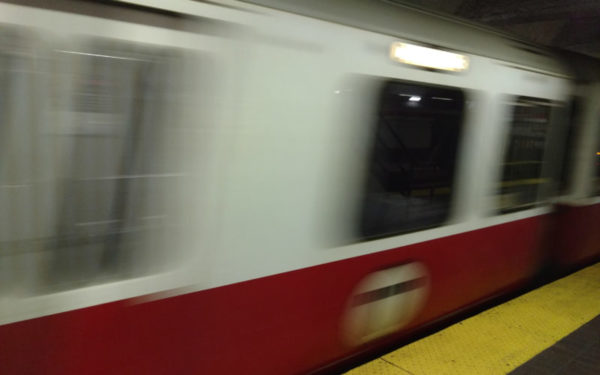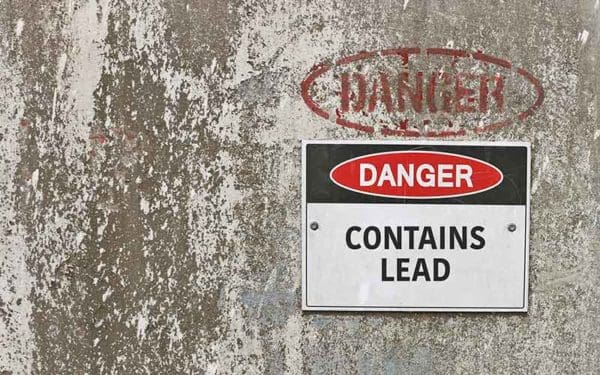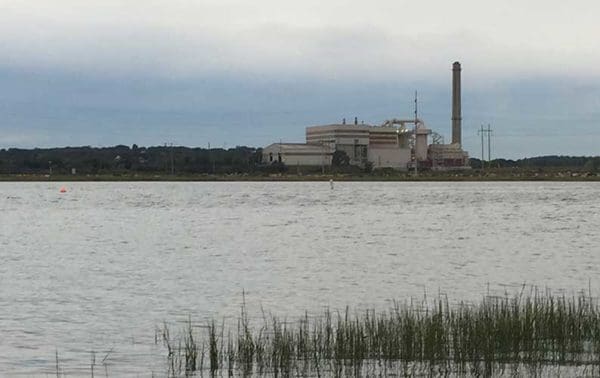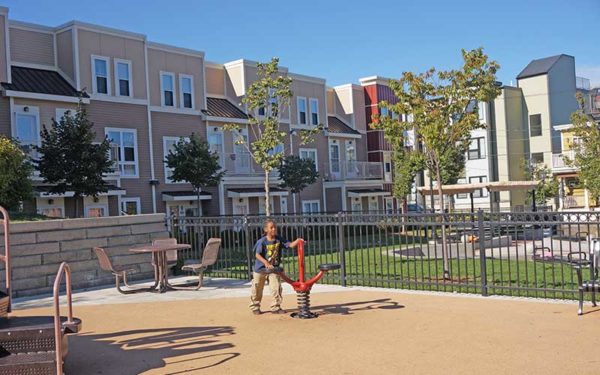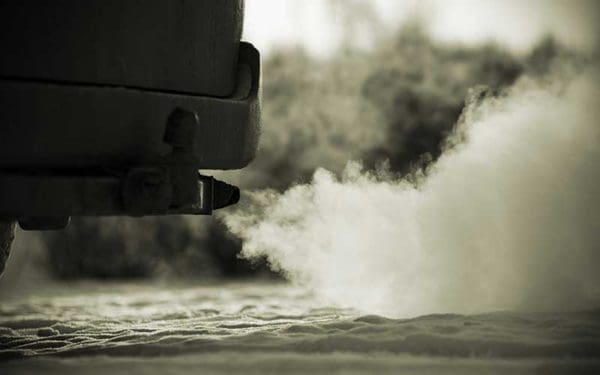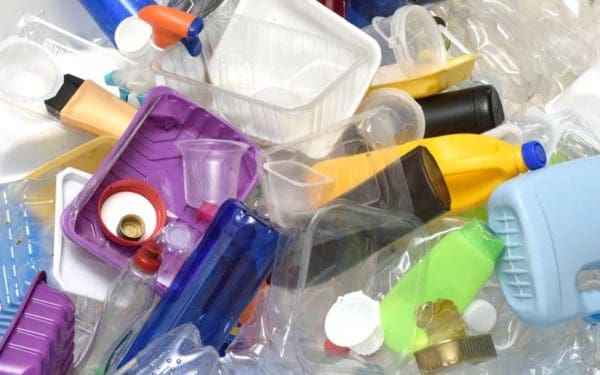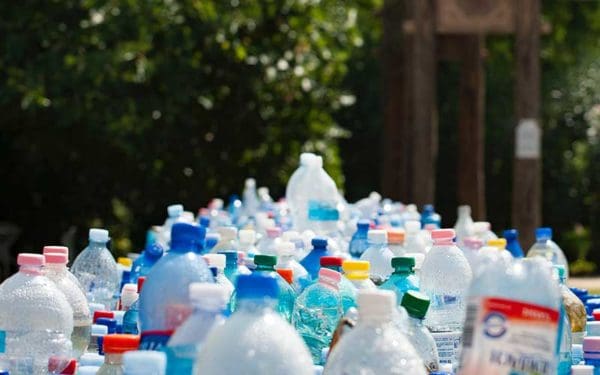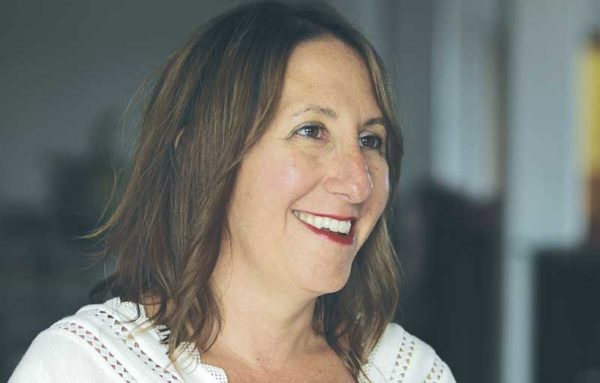Jul 03, 2019
This month’s MBTA fare hikes came on the heels of two trains derailments. But it’s not only headline-making derailments and delays that are a problem. The T must also improve daily bus service and make progress on long-awaited projects to ensure fair and equitable service to all of its riders.
Jun 28, 2019
Update: On June 27, Governor Mills signed two new lead bills signed into law that may help change this disturbing trend Hundreds of children with lead poisoning go undiagnosed every year in Maine. That’s on top of the hundreds of Maine children who are diagnosed with lead poisoning annually. In addition, more than half of… Continue reading Updated: Maine is Failing to Protect Its Children from Lead Poisoning
Jun 05, 2019
Wheelabrator cannot be allowed to ignore those whose lives are most directly affected by its proposal to expand its massive ash landfill in Saugus, Massachusetts.
May 31, 2019
Tailpipe pollution wreaks havoc on our health.
May 21, 2019
Stop plastic from harming our air, water, and health.
May 17, 2019
New England has a housing crisis – and it’s impacting our health. These are the findings of the latest County Health Rankings, a project of the University of Wisconsin and the Robert Wood Johnson Foundation. The study found that housing affordability and quality are major influencers of health here in New England.
May 17, 2019
Tailpipe pollution from idling vehicles wreaks havoc on our environment and our health. Laws to prevent excessive idling are rarely enforced, so CLF is stepping in to hold New England’s biggest tailpipe polluters accountable.
Apr 24, 2019
Plastics are everywhere, and they aren’t all recyclable. Until there’s a new system that creates a structure for using less plastic from the beginning, here’s a handy guide to what can and can’t go in the bin.
Apr 11, 2019
American recycling is in a crisis. But this crisis is a chance to create a better system for tomorrow. Today’s products and their packaging are often made from plastic and designed for disposal. By holding the producers of those products accountable for their polluting products, we can create a system that’s better for our communities and better for our planet.
Apr 11, 2019
Roseann Bongiovanni is a lifelong Chelsea resident who has led significant environmental justice campaigns over more than 20 years. She is the Executive Director of GreenRoots, Inc., an organization dedicated to achieving environmental and climate justice for Chelsea and East Boston. CLF’s lawsuit against ExxonMobil passed a major milestone in March, which is a victory for… Continue reading Guest Post: Court Victory against ExxonMobil Gives Weight to Community Concerns
